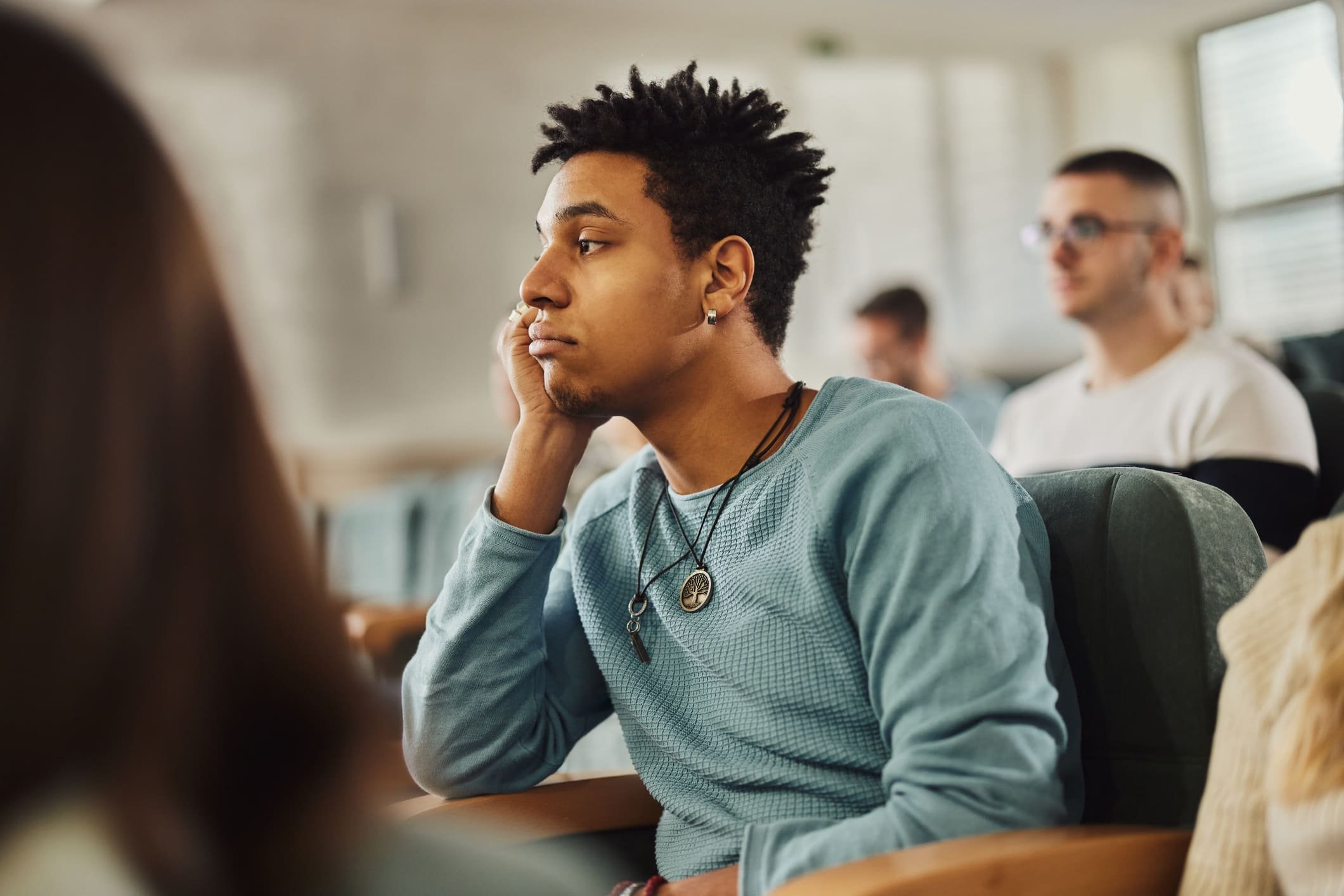How do people measure the passage of time? Is there a kind of global clock that works to recognize this variable?
To answer these questions and investigate the mechanisms that operate on how this volume is accommodated, and even how it relates to each other, researchers in a study published in the journal nature of human behavior, He conducted a series of experiments.
How does time pass inside our heads?
People selected to participate in this study were shown different images of familiar environments, such as a closet, a bathroom, or even an airport. These spaces had different dimensions. However, there was something built into this group that needed to be taken into consideration: there were different levels of disruption.
In other words, in some images, the environment was filled with a larger number of objects, which could be considered more confusing. Participants were then asked to indicate whether each of these images, spaced at a predetermined interval, had been shown for a shorter or longer period.
The result was that in a specific scenario, people believed they were watching the image for a longer period than actually happened. Or rather, the so-called time dilation manifested itself while looking at photographs that presented larger, less crowded environments: time seemed to pass more slowly.
The next step was to explore how the preservation process relates to time dilation. As a result, more images should be classified. Subsequently, participants were asked to press a button to indicate how long each image had been displayed on the screen. The next day, during the memory test, they also pointed to the pictures they remembered.
Experimental conclusions

When analyzing the results, other very interesting conclusions were obtained. The images that participants thought they looked at longer were the ones they remembered best. Therefore, this impression plays a major role, even when it does not match reality.
In practical terms, this means that the brain is able to process a greater amount of information in less time. But in this case, it is as if the period of contemplation had passed more quickly.
Thus, one point was highlighted: While the ability to memorize seems to extend time, chaos seems to shorten it“, say the researchers. It can also be concluded that the visual system is involved in both processes, shaping the perception of time and thus affecting memory consolidation.
These findings provide new evidence about how the assimilation process occurs, as well as what might favor it. In a way, this distortion involving the idea of time is consistent with the well-known idea that time seems to pass faster when something interesting happens that requires our attention. In other words, unlike the circadian rhythm, this perception varies depending on experience and information conveyed.

“Hardcore beer fanatic. Falls down a lot. Professional coffee fan. Music ninja.”






More Stories
The law allows children and adolescents to visit parents in the hospital.
Scientists pave the way for the emergence of a new element in the periodic table | World and Science
Can dengue cause hair loss? Expert explains how the disease affects hair